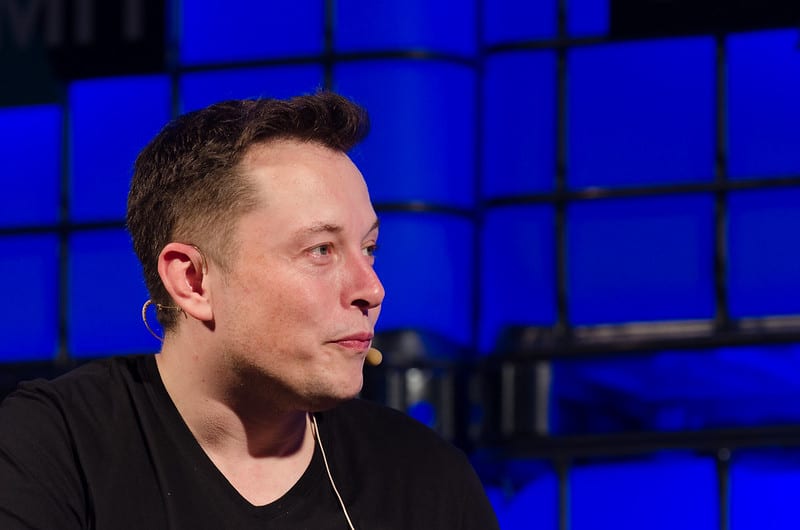The Air Force successfully argued that SpaceX’s “Starship” proposal was too complex to merit additional funding.
A California judge has discarded a SpaceX lawsuit against the U.S. Air Force.
According to Space News, the California-based technology company had been locked in litigation for close to eighteen months.
Late last month, U.S. District Judge Otis Wright II of the Central District of California found that SpaceX’s complaint against the Air Force lacked merit. Then, on October 2nd, Wright opted to close the case altogether.
SpaceX had been suing the Air Force over a competitive series of contracts. While SpaceX and United Launch Alliance eventually secured the right to be the Air Force’s primary satellite launch providers, SpaceX was, apparently, embittered by an earlier aspect of the selection process.
In its initial complaint, SpaceX claimed that the Air Force—prior to making a decision—wrongfully favored its rivals, providing them with financial grants to develop launch technology and facilities.
In total, the Air Force sent over $2 billion in funding to United Launch Alliance, Blue Origin, and Northrop.
However, comparatively little—if any—money was given to SpaceX.

Even though that company will now operate 40% of the Air Force and Department of Defense’s satellite launches, they claim the initial funding slight put them at a competitive disadvantage.
“Although SpaceX’s successful Phase 2 competitive actions have mitigated the harm to SpaceX resulting from the unlawful and flawed LSA award decisions, substantial harm to SpaceX remains,” the company wrote in its lawsuit.
Through their receipt of billions of dollars in funding, SpaceX says its rivals may now be better positioned to secure future contracts.
But in his September ruling, Judge Wright concluded that “the Air Force’s actions were not arbitrary, capricious, or in violation of the law, and that SpaceX is not entitled to any relief in this action.”
While details of the final judgment are not wholly public—they contain information sensitive to the national security—Wright’s decision appears to have been influenced by SpaceX’s initial pitch to the Air Force.
SpaceX and its founder, Elon Musk, purportedly trying to attract Air Force funding to develop “Starship,” a reusable rocket system.
Reuters notes that Musk has envisioned Starship as a critically important program for humanity’s future, capable both of putting satellites in orbit and, perhaps, some day sending people to the moon and Mars.
Although SpaceX has since conducted limited Starship demonstrations, the company’s first presentation included a “previously unreported less-reusable” version of the technology—one in which Starship’s “upper stage” would not return to earth. The Air Force contended that such a change to Starship’s technological infrastructure would have made the program overly complex and cost ineffective.
In ruling against SpaceX, Wright sided with the Air Force, saying the Pentagon rightfully withheld funding from the company in determining that Starship would be “too risky and expensive.”
Sources
Case closed: California judge ends SpaceX’s lawsuit against the U.S. Air Force
SpaceX’s challenge of Air Force awards to Starship rivals to be rejected
SpaceX handed loss in challenge over Air Force contract
SpaceX still pressing ahead with its Air Force lawsuit, despite winning coveted Air Force contract


Join the conversation!